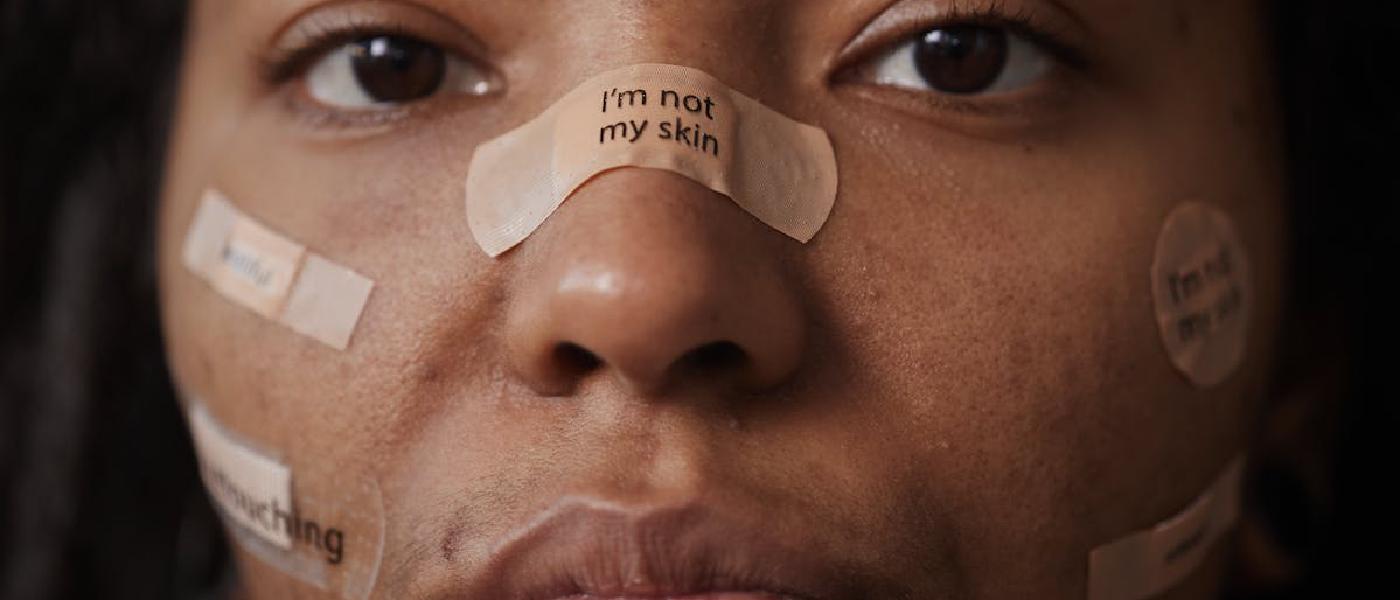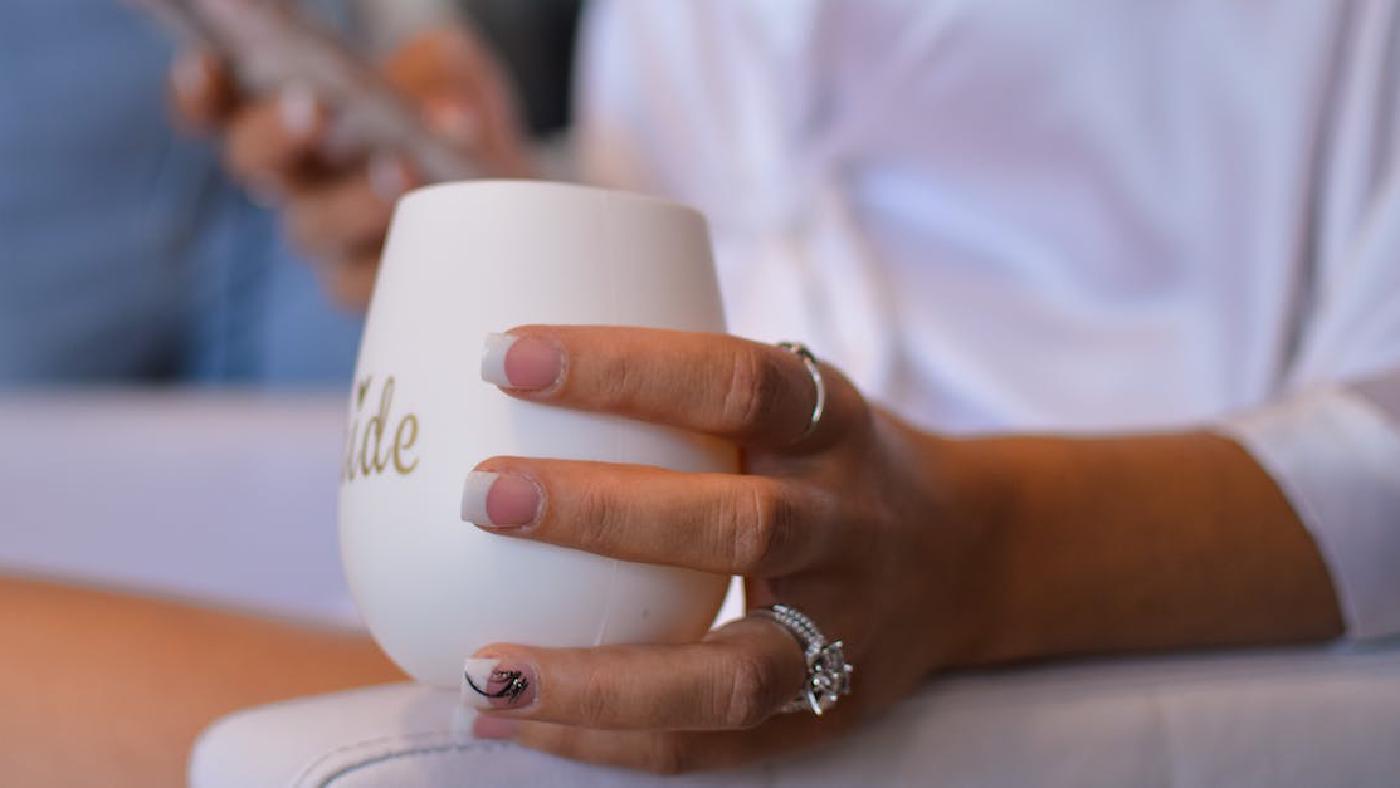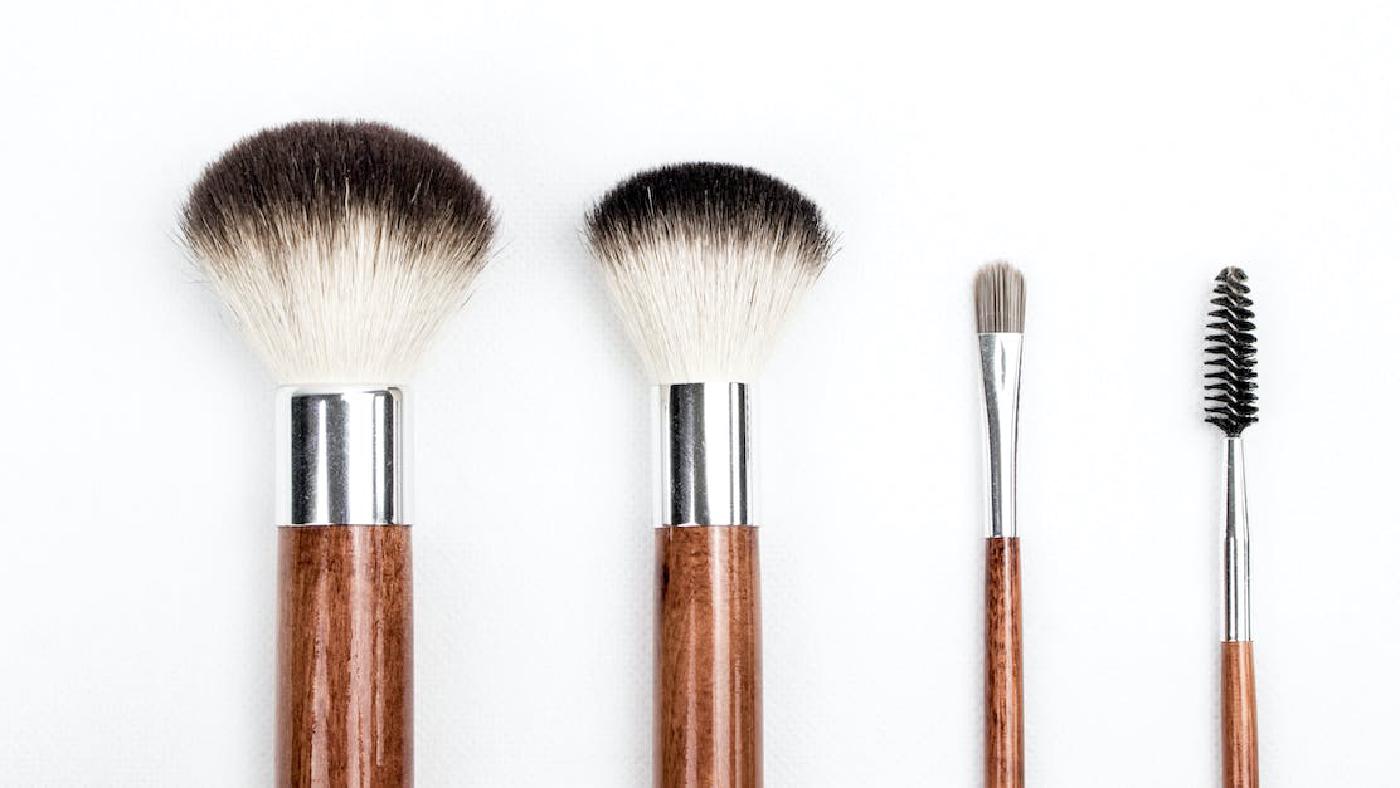
What is acne and what causes it
Acne is an inflammatory skin disease characterized by pimples, blackheads, and whiteheads. It usually appears during adolescence, but it can also appear in adulthood.
The causes of acne are varied and can include:
- Excess sebum production by the sebaceous glands
- Pore blockage by dead skin cells and sebum
- Infection by a bacterium called Propionibacterium acnes (P. acnes)
How to prevent acne
There are some steps you can follow to prevent acne:
- Wash your face twice a day with a gentle cleanser
- Use an alcohol-free toner to remove makeup and dirt residue
- Don’t squeeze or rub pimples, as this can worsen the inflammation and increase the risk of scarring
- Use non-comedogenic skin care products, which don’t clog pores
- Avoid touching your face with dirty hands or elbows, as this can transmit bacteria and dirt onto the skin
How to treat acne
If you already have acne, there are several treatment options available. Here are some things you can do:
- Use skin care products containing benzoyl peroxide or salicylic acid, which help reduce inflammation and lighten pimples
- Apply an antimicrobial cream to fight the infection caused by the P. acnes bacterium
- If you have very inflamed pimples or nodules, you can ask a dermatologist for advice
Medical treatments for acne
If acne is severe or doesn’t respond to self-care treatments, you may need a stronger medical treatment. Here are some options that a dermatologist may recommend:
- Oral or topical antibiotics: these can help fight infection and reduce inflammation
- Retinoid medications: these medications, which are derived from vitamin A, can help reduce sebum production and promote cell turnover
- Corticosteroids: these drugs can be used to reduce acute inflammation
- Pulsed light or laser treatments: these treatments can help reduce pimples and acne scars
Natural remedies for acne
There are also several natural remedies you can try to treat acne. Here are some options:
- Aloe vera: aloe vera is a plant with soothing and antimicrobial properties that can help reduce inflammation and promote healing of pimples
- Honey: honey is a natural antimicrobial that can help fight infection and soothe irritated skin
- Tea tree oil: tea tree oil has antimicrobial and antifungal properties that make it useful for treating acne
- Clay mask: clay has absorbing properties that can help remove excess sebum and clean clogged pores
Conclusion
Acne is a common skin problem, but there are several treatment options available to prevent and treat pimples. With good skin hygiene, use of noncomedogenic skin care products, and medical treatment if necessary, it is possible to effectively manage acne and achieve healthy, glowing skin.
Advices and guides on everything you need

